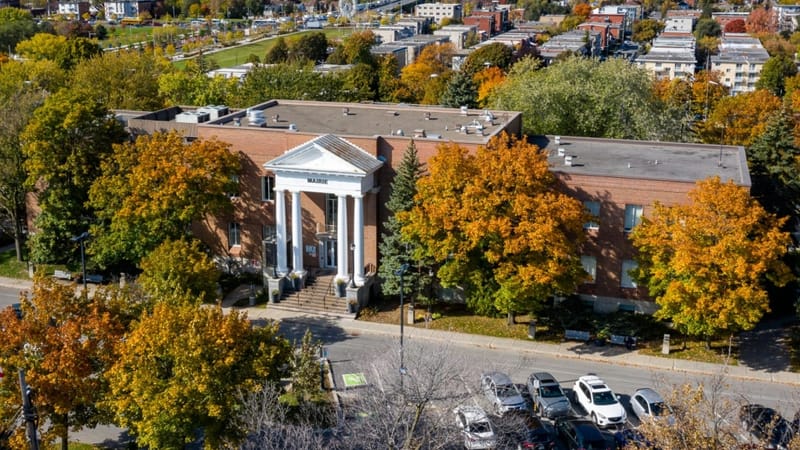Quebec pledges money to fight homelessness outside of major city centres
All 3 levels of government contributed money for a new social housing building

Quebec announced new funding on Friday to support transitional housing and homeless services in cities and towns beyond its largest urban centers.
Speaking in Rimouski, Que., Deputy Health Minister Lionel Carmant unveiled $7.6 million in funding to enhance services for homeless individuals across the province. This includes $347,000 earmarked for Rimouski’s first-ever transitional housing service in the Lower St. Lawrence region.
"The rise of homelessness, a direct result of the housing crisis, opioid issues, and rising living costs, is no longer limited to Montreal. It has become a reality in every region of Quebec," Carmant said.
Luc Jobin, director of En tout C.A.S., the organization tasked with managing the new transitional housing shelter, said they are still searching for a suitable location. He added that the chosen site would need to be socially acceptable.
"It's great news for all organizations in the region," Jobin said. "$350,000 is a significant amount, though we may need a little more. But overall, it's a very positive development."
Jobin noted that Rimouski is beginning to face similar challenges with cohabitation as larger cities in Quebec.
In a separate event, Quebec City marked the official opening of a new affordable and social housing project on Friday.
The 12-storey building, L'Albédo, features 128 affordable housing units for semi-independent seniors, people with intellectual disabilities, and individuals with special needs.
Quebec City Mayor Bruno Marchand attended the opening alongside federal and provincial officials, who praised the project. Marchand emphasized that the building is heated and cooled using surplus thermal energy from the nearby Centre de glaces Intact Assurance skating rink.
"This project demonstrates that social and affordable housing can integrate innovation, service quality, comfort, and sustainability," Marchand said in a statement.
The building was developed by La Bouée, a community housing company, at a cost of over $60 million. Funding came from all three levels of government.





